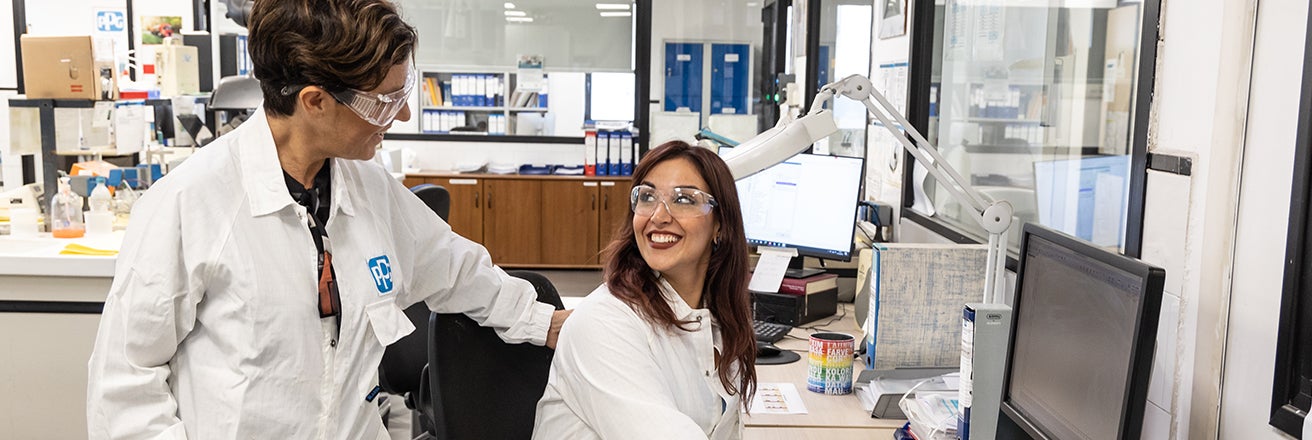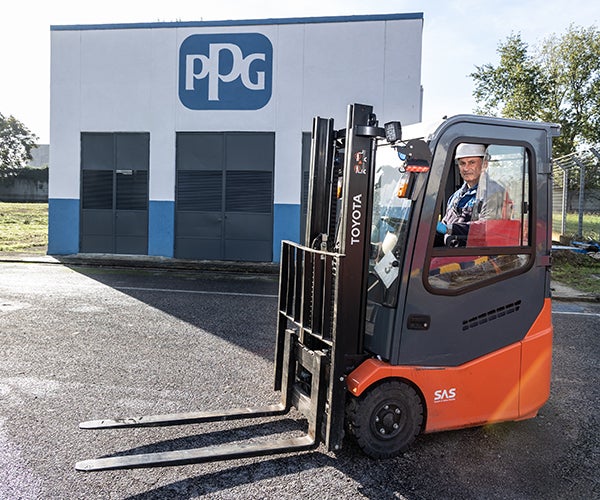We carefully select suppliers that share our commitment to continuous operational improvement, creating competitive, sustainable advantages within our supply chain.
In 2024, we invested over $7.4 billion with more than 26,000 suppliers globally to procure raw materials, indirect goods and services and transportation. Approximately 96% of greenhouse gas emissions associated with PPG's business are in the value chain, so we understand the criticality of working with supplier and customer partners. We have prioritized work with a selection of key suppliers that represent the majority of our upstream scope 3 emissions.
We work with suppliers to understand their current practices and innovate products and processes that use less energy, produce less waste and avoid negative health impacts on people throughout our value chain. By the end of 2024, we assessed 871 suppliers, representing 65% of spend, against sustainability and social responsibility criteria across environmental, labor and human rights, ethics and sustainable procurement practices. The assessment process covered 98% of PPG's key suppliers.
| 2030 target | 2024 progrees |
| 100% of key suppliers assessed to sustainability and social responsibility criteria | 98% of key suppliers assessed to sustainability and social responsibility criteria |



